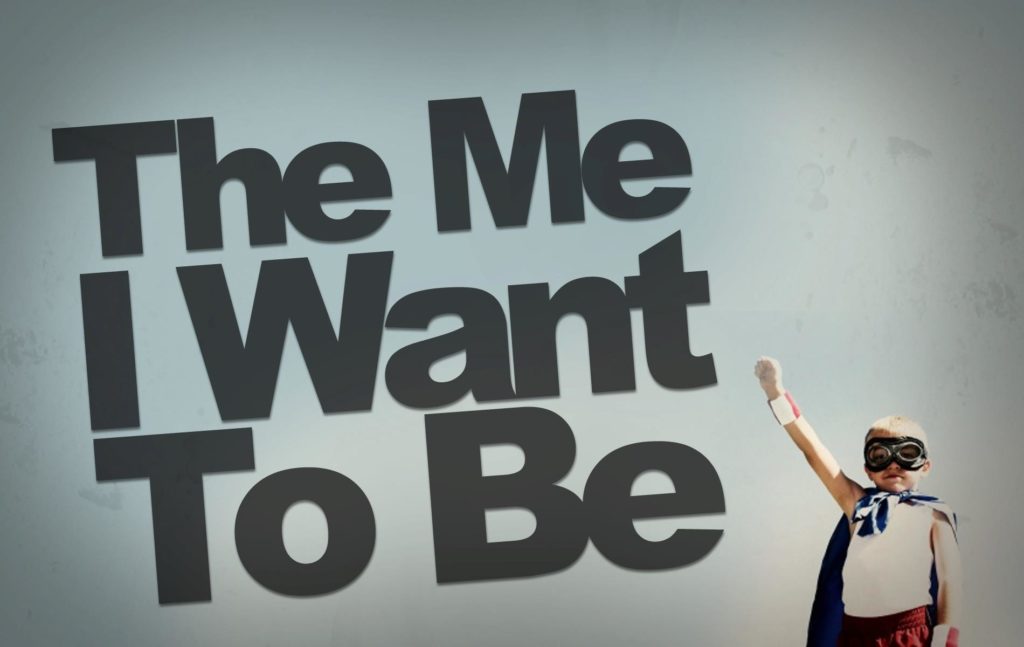WHY DO I WANT TO DO THIS?

In my previous article on motivation, we defined motivation as the drive to act to make your dream happen. In business terms; it is the willingness to undertake an activity to achieve an objective. I also introduced intrinsic and extrinsic motivation and hinted that I would be looking at some of the theory in a little more depth.
Until the last century, most of the theory was based around the notion that we are motivated by basic biological needs for survival and procreation (e.g. hunger, thirst, sex, etc.) and external motivators such as pleasure and pain. The classic theory here is Maslow’s Hierarchy of Needs which is based upon the premise that humans are motivated by needs that can be hierarchically ranked and one must satisfy the basic hierarchy needs before proceeding to the higher hierarchical needs level. In the early twentieth century, psychologists recognised that there was more to it than just needs and started to conduct more research into extrinsic and intrinsic motivation.
If you are interested, I recommend that you look at the landmark book, “The Hidden Cost of Rewards” edited by Lepper and Greene, first published in 1978. In this book, the reader is introduced to the Yerkes Dodson Law which declares that “Performance increases with physiological or mental arousal, but only up to a point. When levels of arousal become too high, performance decreases.”. The book historically reviews much of the thinking around intrinsic and extrinsic motivation and although more of an academic work, there are some interesting conclusions and insights.
From this we have now learned that sometimes intrinsic and extrinsic motivation can be in conflict and that one may lead to a reduction in another. The classic story is that of the writer living in New York whose apartment overlooks a piece of waste ground. His work is frequently interrupted in the afternoons by kids playing football on the waste ground and making too much noise. He approaches the group of kids and tells them he loves them playing soccer and will pay them two dollars each, per day to play. He pays them two dollars each for the first three days and then tells them he can’t afford two dollars but can only afford one dollar each. After a few more days he then tells them his book sales are down and he can only afford nickels. After a few more days he says he can’t afford to pay them anything and the kids decide to stop playing altogether on the waste ground. This is a clever use of the understanding of the power of the rewards motivation to decrease the kid’s motivation to play on the waste ground.
More recent and up to date theory still has challenges with the definitions of intrinsic and extrinsic motivation, but most schools of thought agree that intrinsic and extrinsic motivation have a relationship and that they work in conjunction with each other. Intrinsic motivation is clearly strongly aligned to creativity and persistence of performance and extrinsic motivation can provide short-term motivation but may be influenced by the perceived value of the rewards. Interesting research in this area shows that verbal acknowledgement rather than physical payment has a more motivational effect – start acknowledging your employees’ efforts, tell them what a good job they are doing and how much you appreciate their efforts!
As an entrepreneur you already have your own intrinsic desire to start your own business. Intrinsic motivation reflects the desire to do something because the individual wants to and not because they will get some reward at the end of it. The pleasure or sense of satisfaction one gets from doing the task is enough for us to want to perform or to repeat-perform the activity.
Like Mahatma Gandhi or Mother Teresa, you are inspired to become your own boss to do your own thing. Just remember that others may not share the same passion or intrinsic motivation, so you must motivate them in other ways. A good certified coach will help you to learn more about what motivates you and to develop an understanding of how you can motivate your staff and engage with them and your customers. A good coach will ask the right questions that will aid you in gaining a better understanding of yourself and what you are trying to achieve. They can help you develop your personal goals and get you focused on what you need to do.
As your coach, I want you to spend the next couple of days thinking about and clarifying in your own mind – Why do I want to do this? What is my biggest reason for doing this?
Motivation will get you started, but you also need grit, discipline, determination and some luck to get you through.
Remember, “If at first you don’t succeed, try doing what your coach told you to do the first time!”












